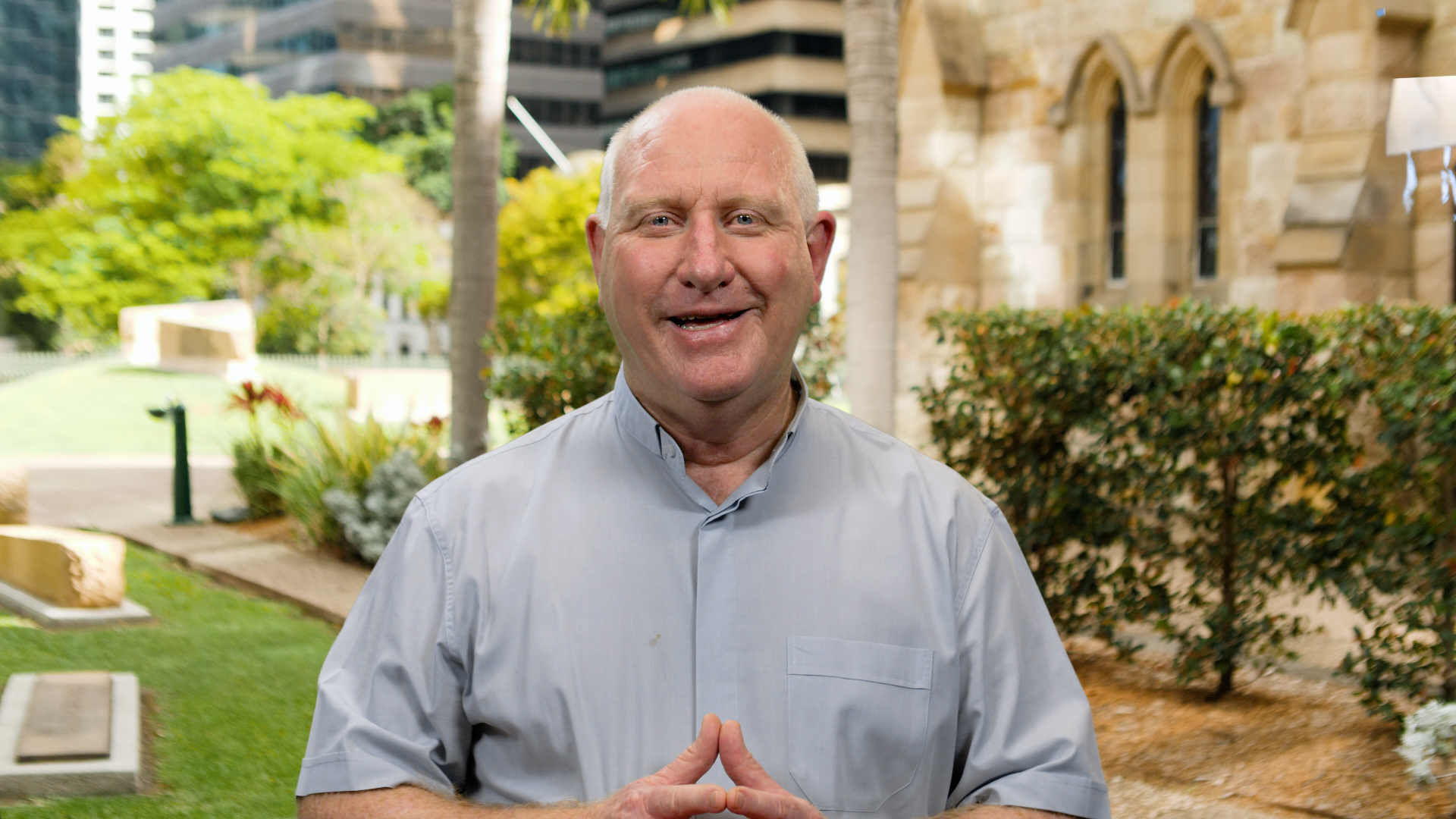In recent weeks, we have reflected on the life of Pope Francis, remembering his powerful witness to the joy of the Gospel and his contribution to re-shaping the Church for mission in this complex contemporary age. Around 10 months prior to the election of Pope Francis, Archbishop Mark Coleridge was appointed and installed (May 11, 2012) as sixth Archbishop (seventh bishop) of Brisbane. The ministry and leadership of Pope Francis and Archbishop Coleridge have coincided to form a formidable partnership of pastoral vision and missionary outreach.
Archbishop Coleridge was no stranger to Brisbane before his arrival. He was a contemporary of several Queensland priests who studied in Rome and was a familiar face at Pius XII seminary where he led retreats. This is when I first encountered him as a third-year seminarian in 1993 as he prepared us during Holy Week for the paschal celebrations of Easter.
Thirty-two years on, I still remember him speaking about “the smell of the blood of martyrs” at the Venerable English College in Rome and asking us whether visitors would “smell the blood of martyrdom” at our seminary. I suspect that “martyrdom” wasn’t that high on the list of fragrances emitting from Banyo – hence the challenge.
Archbishop Mark came to Brisbane with an already full CV. He had completed scripture studies at the Biblicum in Rome, culminating in a doctorate on the infancy narratives in Luke’s gospel. He been a priest and teacher in Melbourne and was eventually appointed as Master of Catholic Theological College.
In 1997, Pope St John Paul II appointed then Fr Coleridge to work in the Secretariat of State for the Holy See. This was followed by an appointment as Auxiliary Bishop in Melbourne (2001), and then on to Canberra and Goulburn as Archbishop in 2006. He has also served on a number of Pontifical Councils, including Culture and Social Communications. Just prior to being appointed to Brisbane, Archbishop Mark worked as chair on the Roman Missal Editorial Committee which produced our English translation of our prayers for worship, and he is now working on a new edition of the Lectionary – our book of readings.
These leadership roles continued during his time as Archbishop of Brisbane, including two terms as the President of the Australian Catholic Bishops Conference when he was involved in the preparation and direction of our national Plenary Council.
Comfortable in front of a camera or behind a microphone, Archbishop Mark’s clarity of thought and vivid expression continues to make him a “go-to” person for both the religious and secular media. His podcasts across the years have generated much interest and been a source of enrichment for many. His contribution has always reached beyond Brisbane, but this has only enhanced his significance within Brisbane.
He arrived very much as a teacher, but it was his experience at the Synod on the Family in the Modern World in Rome in 2015 that has shaped his “pastoral creativity” since. At the end of that Synod, during which Pope Francis re-introduced the word “synodality” into a Catholic context, Archbishop Coleridge spoke about how that experience of the Synod changed him in a quite a personal way. As he himself has said, “I listened to Pope Francis speak (at the Synod), I thought, ‘this is the voice of Peter’.”
In 2024, Archbishop Coleridge convoked and presided over own local Synod, seeking to embed this “pastoral creativity” in the life of the local church. His preaching has consistently been its own creative force, deeply scriptural but rarely scripted, certainly not filled with pious platitudes, spiritual cliches or cultural tropes, but rich, stirring and conveying the power of God who “always surprises but never disappoints”.
As we have farewelled Pope Francis in recent times, we soon expect to farewell Archbishop Coleridge as Archbishop of Brisbane (certainly in a less definitive way than Pope Francis). The man who was always “from somewhere else” now feels at home in Brisbane. His has been an immense contribution to the local church, the national Bishops conference and the Universal Church, and we in Brisbane have benefitted from this breadth of engagement.
His undoubted intellectual gifts have borne fruit far and wide and will continue to do so as he moves towards retirement.
I have lived with Archbishop Mark for seven years now, the longest I have lived with anyone outside of family. As is so often the case, it is the incidental conversations around the breakfast or dinner table when the instinctive teacher muses and postulates, that I have continued to learn and grow myself. I have witnessed his mentoring nature with younger clergy, his astonishing memory, especially for names, his gift for language (I have lost count of the number of languages in which Archbishop Mark can offer a greeting) and enjoyed the broad range of conversations from sport to politics, from religion to culture – all things human.
There is much more to document regarding Archbishop Mark’s leadership and contribution to the Archdiocese of Brisbane and further. Leadership is no easy task in this changing, challenging and complex environment and because of all the uncertainties that we face, we tend to expect more of our leaders than is realistic. However, Archbishop Mark has not shied away from addressing difficult issues nor been tempted to retreat, as he might say, “into some ideological rump”, no matter how many others might prefer to hark back to simpler and safer times. Indeed, the mission of pressing forward has been the mark of this +Mark. On this day we are genuinely thankful for the leadership of last 13 years, as now, both we and Archbishop Mark contemplate what the future holds.
